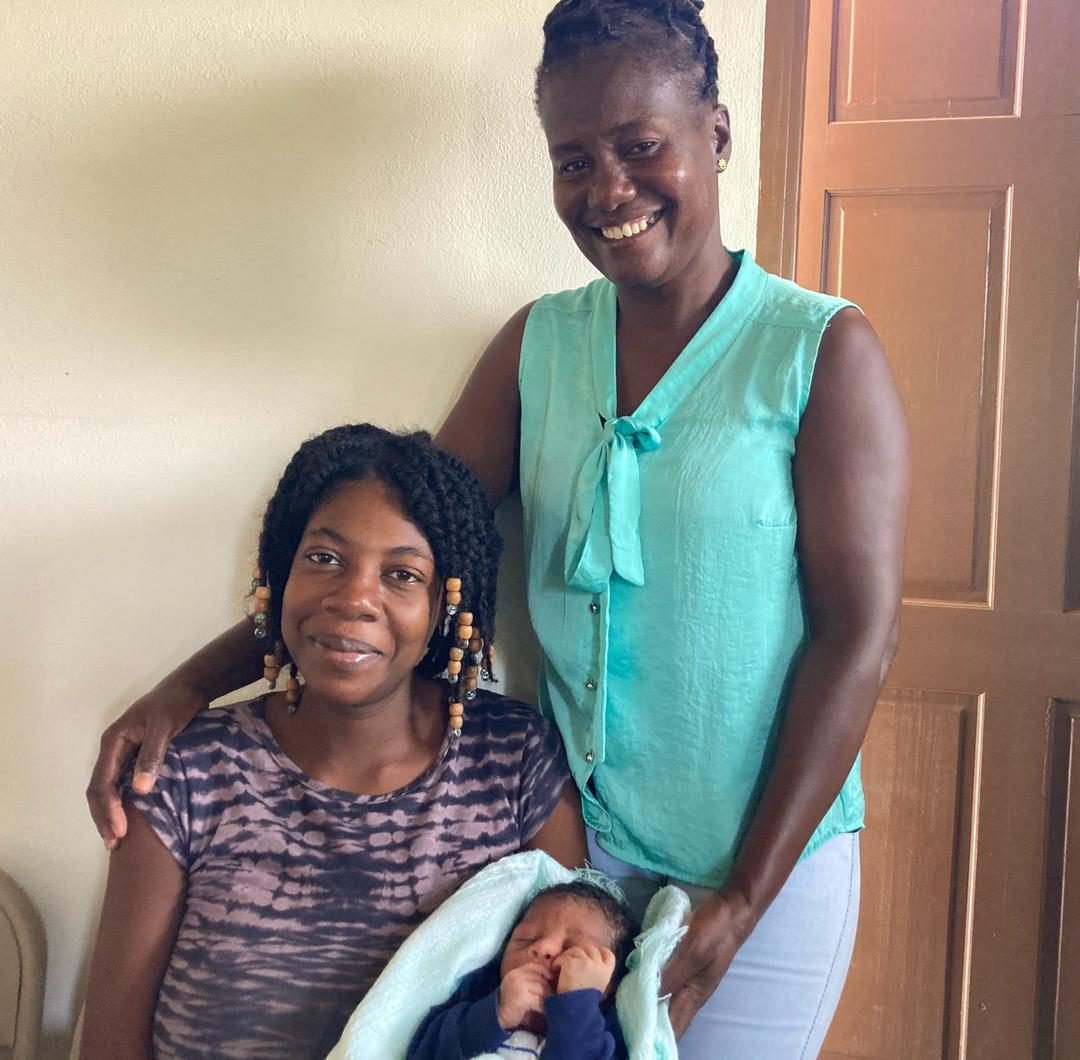

Thinking Big With Haitian Midwives
“Midwifery is work done out of love and care that champions people’s rights, human rights, choice, unity, respect.” —Martine Jean-Baptiste, founder of Foundation for Advancement of Haitian Midwives.
In this post-Roe moment when reproductive rights are under attack, her words resonated profoundly as it occurred to me that the midwives are also offering a feminist approach to maternal health.

Feminism and Freedom in Ghana: The Ms. Q&A with Nana Akosua Hanson
Nana Akosua Hanson reminds us that feminism is ultimately, an expansive and inclusive freedom project…From her local organizing, use of contemporary art and media presence, Nana Akosua Hanson is leading the way to advance feminism and freedom in Ghana.

Toward a Victim-Survivor Narrative: Rape and Form in Yvonne Vera's Under the Tongue and Calixthe Beyala's Tu t'appelleras Tanga
Research in African Literatures, 2014
This essay examines the representation of rape in Yvonne Vera’s Under the Tongue and Calixthe Beyala’s Tu t’appelleras Tanga, arguing for the term “victim-survivor” as a conceptual frame for analyzing the experience of violated protagonists. By positing the “victim-survivor narrative” as a form that grapples with the multiple responses to and experiences with rape, as well as the different ways they figure on cultural production, this essay moves beyond the extant analyses in rape cultural criticism and trauma studies. My discussion critiques the ways in which models from trauma studies and rape crisis intervention fall short in accounting for the complexity of African experiences with sexual violence. To do so, I challenge the dominance of the rape survivor model, offer victim-survivor in its stead, and subsequently demonstrate its efficacy as a way to analyze rape that accounts for the female protagonists’ multiple locations and subjectivities in Beyala’s and Vera’s novels.

Rethinking paradox: Performing the politics of gender, race, and belonging in Léonora Miano's ‘Ecrits pour la parole’
Journal of Romance Studies, 2014
This article argues that Léonora Miano’s play Ecrits pour la parole (2012) moves beyond the concept of paradox that has characterized critical work on Black France. Instead, Miano focuses on duality, responding to and rejecting anti-Black racism in specifically gendered ways evident in her combination of feminist and human rights discourses. The play enters into these discourses through the use of the monologue in particular. Form becomes one of the primary ways through which Miano renders the multiplicity of Black women’s subjectivities as well as the vicissitudes of the paradox that lies at the core of Black French identity. By engaging the universal humanist ideal/ideology and exposing it as a fiction at work in the lives of Black women, Miano not only critiques the idea of belonging in the French context, but also posits alternative frames through which to understand the ubiquitous paradox of Black France.

